A Brooklyn teenager juggles conflicting identities and risks friendship, heartbreak, and family in a desperate search for sexual expression.
Pariah is a striking debut for director Dee Rees. It is a black story and it questions our families’ and communities’ feelings towards homosexuality. It confronts our culture in a particular way, albeit novel, emphasizing homophobia as a pressing issue we must contend with.
Dee Rees’ stance on the issue of homosexuality and how it is received and perceived in black culture continue to be profound. Meanwhile, I have to admit that Pariah is a story that is beginning to focus discussion not only on our attitudes towards the topic of homosexuality, but rather, broadens the horizon in talking about sexuality as a reality and as a challenge to the fabric of conservative culture and traditions.
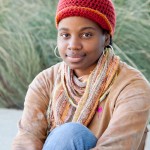
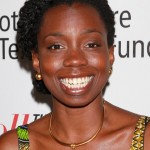

The direction is unquestionable and this is why it is possible for me to discuss Pariah’s theme. I am happy for Dee Rees and I am equally glad that I have this luxury – to critique the story and hold enviable discussions with folks on the many topics it raises about sexuality as a whole.
We have to be circumspect however, when it comes to dialogue on the topic and I think Dee Rees has traveled a safe path to telling a needed story. Yet, I feel she could have dug a bit deeper into making it even more provocative.
The story is a good one, not a great one. From the start, I knew Aliké (pronounced, a-LEE-kay) and played by Adepero Oduye, was gay. I knew her parents, especially her religious mother (Kim Wayans), were uncomfortable with the idea. Aliké would later have difficulties breaking out.
And it is a no brainer to imagine Aliké finding some solace and respite in an isolated gay community through a school buddy-admirer (Pernell Walker). It mimics the sum of the experiences that our friends and family go through – those who become aware of their sexuality, any sexuality but heterosexuality – finding it difficult, many times, to bring their friends and families to accepting them.
Moreover, the film invoked the Ibo name in Aliké, the pretty one, and we are tempted to think an African cultural spin on the interpretation and conceptualization of sexuality and femininity in general would be brought to bear on the final scenes. But witnessing no link to a diasporic understanding of femininity or sexuality, I was disappointed.
Furthermore, some of the subplots felt a little forced. For example, it was difficult to peg a cheating husband, Aliké’s father, to a story that had it’s own titanic medusa implications on the immediate criticisms of attitudes against homosexuality in black families and communities. A homosexual daughter was enough to tear a conservative family apart! Hence I thought a better scenario was needed in order to pitch an over-protective father (Charles Parnell), against his wife over a daughter’s homosexuality.
In addition, the fact that the story involved teenagers, who were yet figuring out what they liked – especially Bina (Aasha Davis) – who they were and what they shall yet be, clutched the main story and prevented it from blowing out full scale into the rated R film Dee Rees set out to present us.
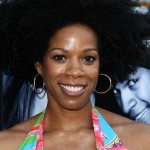
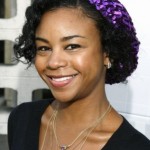

But Aliké’s experiences strike the cord it needs to pluck in refocusing energy on rooting out homophobia. The point was clearly made when Aliké finally told her father that her going away from her family, from home, from her abusive mother to an early college preparation at Berkeley, was not out of fear, “I am not running”, but out of the necessity to make a reasonable “choice”.
A choice about her sexuality, a choice about her future, about who she was and what she shall yet be – the freedom to conquer all her fears and inhibitions and take her rightful place beside every human and enjoy in our sheer humanity. After all, at eighteen years of age, she was open, broken, “broken open!”
In sum, the fact that Pariah is autobiographical for Dee Rees makes it more emphatic in the directorial choices made. I can respect that and the film, in no doubt, speaks volumes. I can only come to admire a young and burgeoning filmmaker in Rees. Whatever pendulum swings on her career, I hope that it catapults her into becoming a force to reckon with, not only as a great black female director, but simply as a great director.
Director: Dee Rees
Writer: Dee Rees
Stars: Adepero Oduye, Kim Wayans, Pernell Walker & Aasha Davis

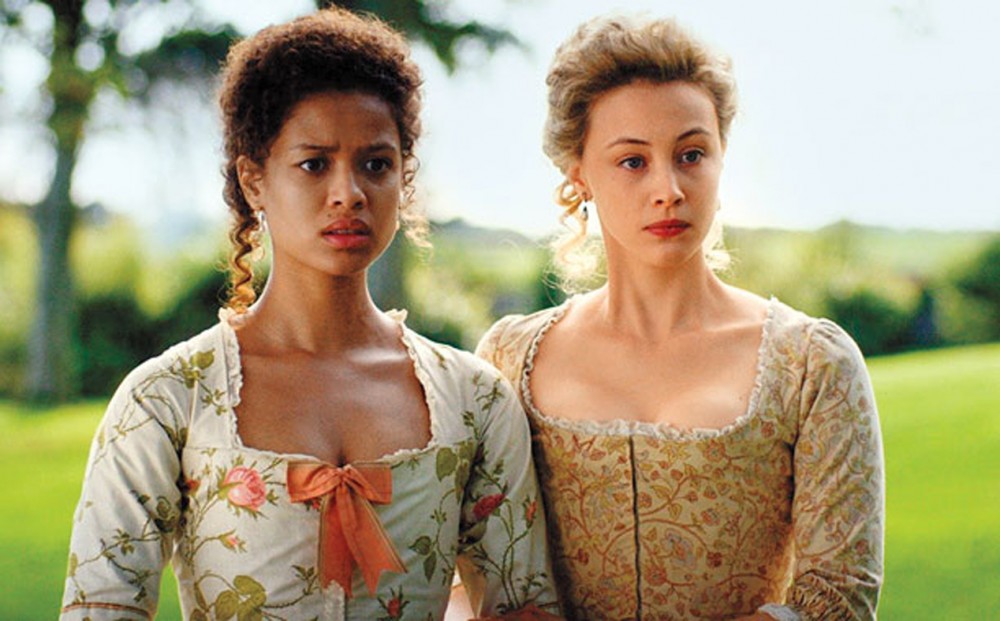








Simply the best Black film of 2011!
I really enjoyed this film… Dee is a Gee!
There are not a lot of LGBT movies around so I was glad to see this – cannot wait to see more of her films
I thought the acting in this movie was magnificent!